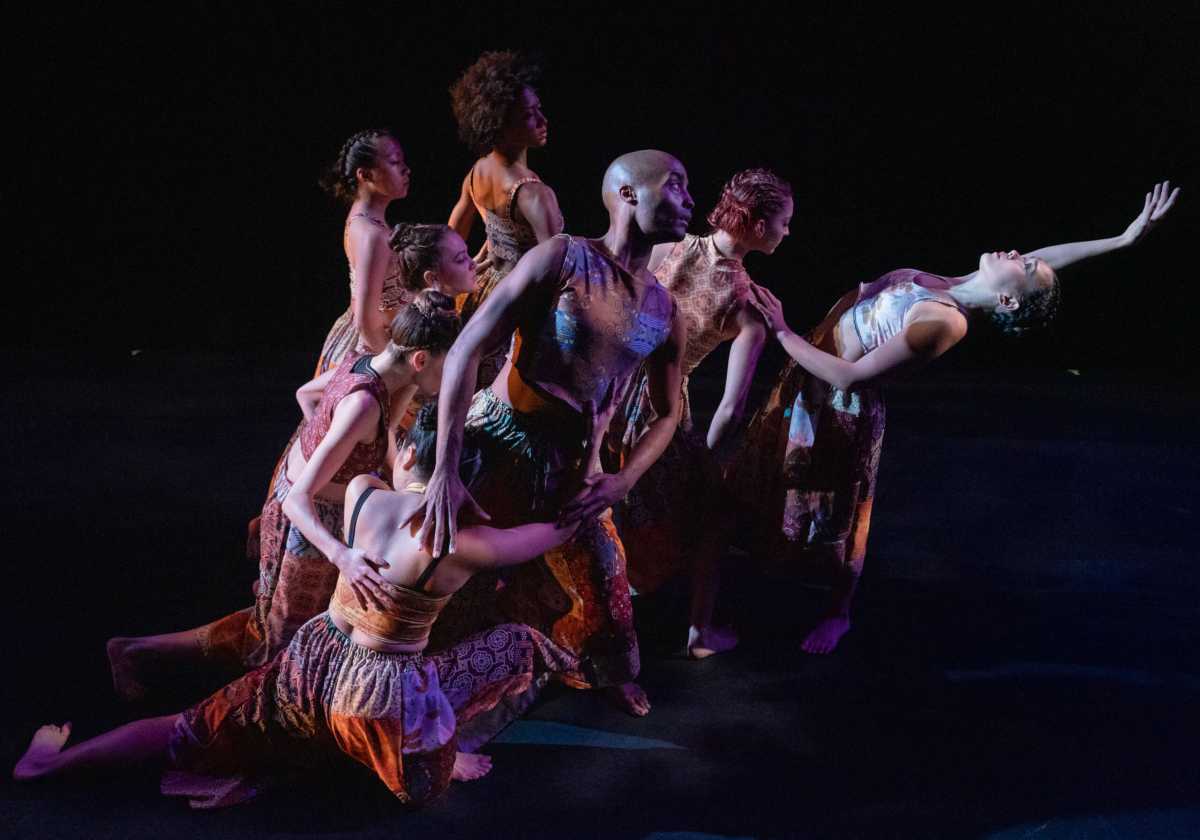In the wake of a national reckoning on racial injustice, the Off-Off-Broadway theater company The Flea re-emerged this month with a renewed focus on the voices of Black, brown, and queer artists.
The news of the theater’s overhaul of its practices comes nearly a year after the theater company took heat for using unpaid labor and faced allegations of “racism, sexism, bullying, and passive aggression,” according to a letter penned by a young Black woman artist, Bryn Carter. In response, The Flea promised to work internally on these issues and pay its members, though much of this progress fell by the wayside when dozens of actors lost their jobs last December after the company shuttered its programming for emerging artists due to economic strain.
On October 7, the Flea returned with a new mission that calls for the company to support and invest “in experimental art by Black, brown, and queer artists.” Under this new model, the organization is looking to provide “space, financial support, and producing partnership so these artists may develop and share their vision in community with audiences,” the group said in a press release.
Some institutional changes include hiring five new board members and a new board co-chair as well as creating a reparative partnership to help “restore positive relationships” with former artists. The Fled Collective, an artist collective comprised mainly of former Flea artists, has been tapped as the company’s first resident troupe. Starting next year, the Fled, which has a non-hierarchical structure, will have access to a three-year residency, an unconstrained $10,000 cash award, $50,000 in annual rental credits, and other resources intended to spearhead creative work. Furthermore, the company is starting a multi-year residency program, which would provide creative support to experimental art groups.
The Flea’s Artistic Director, Niegel Smith, who also serves on the board of directors, pointed to The Flea’s intentions to financially support LGBTQ people and artists of color as he acknowledged that the new effort stems from challenges in equity and inclusion.

“Part of this is coming out of a history of deep hurt in these spaces,” Smith told Gay City News in reference to the program’s mission. “I was invited into predominately white institutions as a Black gay man [and] other artists were invited into these institutions and were asked to conform or contort ourselves.”
He added, “I’m so thankful to the artists that came through the Flea and said, ‘things have to change, and things have to change now.’ We are going to be so strong because we are doing it together and will reclaim this space.”
With a new direction in place, he said the company could begin shedding light on these needs.
“I think about us bringing our cultural truths and selves to the table and doing it outside of the heteronormative and white supremacist gaze,” Smith said. “It’s on our terms. I cannot wait to see and support what my folks want to make.”
Raz Golden, a leading queer organizer from the Fled, said the group is excited to have more artistic control over their work and rebuild a relationship with the institution.
“I think a lot of people may question why the Fled artists, which are primarily made up of former Flea artists, would reintegrate with the Flea institution after all the troubles of last year,” Golden said. “I think that if we took it as our responsibility to take the Flea at face value when they said they want to make a safe home for resident companies, then in some ways it’s our responsibility to be that first company to test that theory to make sure we can hold them to that.”
Artistic Director Tiffany Rea-Fisher of Emerge 125, a dance troupe, applauded the overhaul of Flea as “radical.”

Rea-Fisher noted that it’s rare for companies to openly share resources and engage in a collaborative process in the performing arts world.
“It always felt like this zero-sum game, ‘you win. I lose,’ so this idea that ‘if I win, we win’ is really different,” Rea-Fisher said. “Before, I had very little say, and presenters would tell me what they wanted from me. There wasn’t a deep conversation about where I am artistically or what I actually want to present.”
Rea-Fisher hopes this effort can inspire other changes within an industry fraught with a lack of input from marginalized communities.
“An off-Broadway theater that is run by a gay Black man — I love that that’s what’s leading the field,” Rea-Fisher said. “I feel this model will work well, and I’m hoping it can serve as a model for other companies moving forward.”
To sign up for the Gay City News email newsletter, visit gaycitynews.com/newsletter



































